
The adoption and use of ebooks in U.S. school libraries has grown steadily over the past four years, slowed mainly by limited access to ereading devices and cost, says a new ebooks report by School Library Journal, sponsored by Follett.
April 27, 2024
On Libraries and New Media, powered by Library Journal and School Library Journal
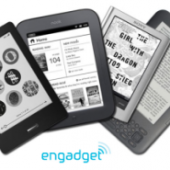
Two years ago, four librarians at Oregon State University shared initial thoughts about using dedicated e-readers for the first time. We had just launched a year-long study of academic librarian use of e-readers and were excited to share our new-found joys along with concerns about the four e-readers used in the study. Two years later, the study is finished (look for the study results later this fall in Journal of Library Innovation), and the mobile reading landscape has changed significantly due to the introduction of many new and more versatile e-reading devices, especially tablets.
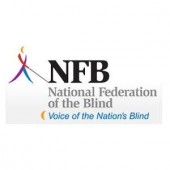
The Free Library of Philadelphia (FLP) this week settled the lawsuit filed against it in May by four blind patrons assisted by the National Federation of the Blind (NFB). Under the terms of the settlement, FLP has agreed to supplement its collection of more than 60 NOOKs with ten accessible devices, according to a press announcement from the NFB. Within four years, the library will transition to a collection of e-readers that are all accessible to the blind, and will begin incorporating an accessibility requirement into its technology procurement contracts.
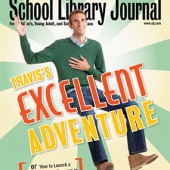
In this month’s cover story for School Library Journal, Jonker, an elementary school librarian, documents the launch of an ereader lending program in words and pictures. This article is adapted from a series of posts at Jonker’s blog 100 Scope Notes, which is moving to SLJ.com.
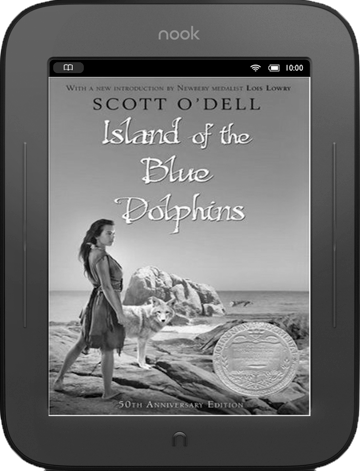
K–12 school libraries looking to jumpstart their ebook collections can now order pre-loaded Nooks through a new partnership between Barnes & Noble and publisher Houghton Mifflin Harcourt.
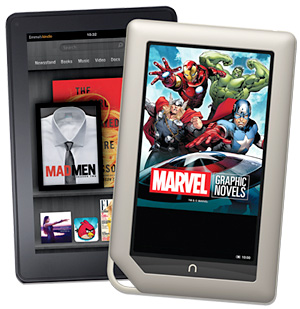
Which is the better color touch-screen device? Jeff Hastings stages a tablet shoot-out in his video review.
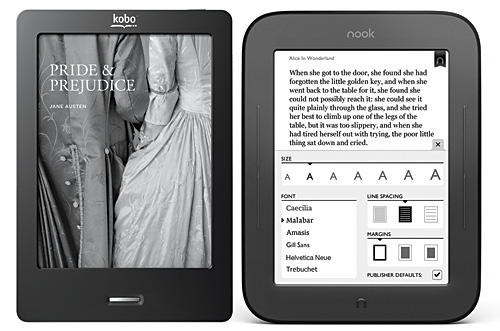
SLJ’s take on the Nook Simple Touch and the Kobo eReader Touch. The touchscreen ereaders are much simpler, sleeker, and just plain better than their predecessors, writes Jeff Hastings.
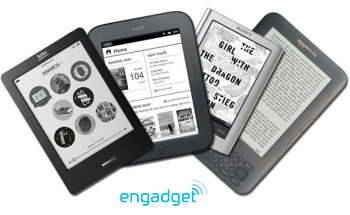
As LJ gears up for its virtual summit, Ebooks: The New Normal, on October 12, four librarians at Oregon State University give their takes on four ereaders patrons are using right now.
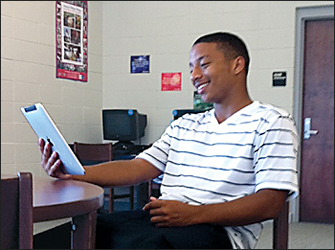
As the use of digital content grows in schools, school librarians are making decisions on how to best acquire this material. In some cases, they’re choosing to spend money on ereaders and lean toward free content. Others are leveraging the personal devices of students and teachers and putting their funds into subscription-based models. But the goal is the same—to grant students and educators access to digital content.
Copyright Media Source Inc. © 2024